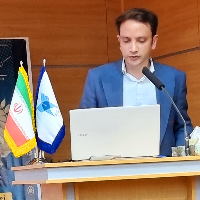Eco-crimes and Ecocide at Sea: Toward a New Blue Criminology
This essay adopts an interdisciplinary approach to consider the meaning of ‘eco-crime’ in the aquatic environment and draws on marine science, the study of criminal law and environmental law, and the criminology of environmental harms. It reviews examples of actions and behaviors of concern, such as offences committed by transnational organized crime and the legal and illegal over-exploitation of marine resources, and it discusses responses related to protection, prosecution and punishment, including proposals for an internationally accepted and enforced law of ecocide. One key element of the policy and practice of ending ecocide is the call to priorities the adoption of technologies that are benign and renewable. Our study ends with a description of almadarba fishing method (a complex and ancient technique for trapping and catching Atlantic Bluefin tuna, which was originally used by the Phoenicians and developed into its current form in the Islamic period in southeastern Iberia). To showing that there are ways in which sustainable and renewable principles can be applied in an ethical and fair way in modern aquaculture.
-
Differential Procedure of anti-green Crimes in Iran's criminal system
, Seyed Hossein Hosseini *, Abdolreza Javan Jafari
Journal of Culmination of Low, -
Compatibility Types of Different Policies in Iran's Criminal Legal System
Hossein Hosseini *, , Amin Alizadeh
Journal of Legal Research,




